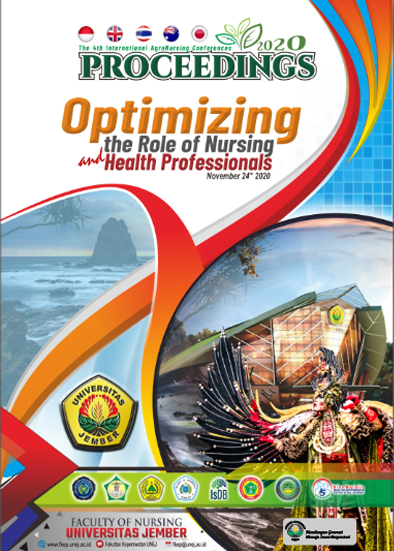THORAX TRAUMA SEVERITY SCORE (TTSS) AS A PREDICTOR OF MORTALITY AND COMPLICATIONS IN PATIENTS WITH THORACIC TRAUMA
Abstract
Background: Thoracic trauma is the third most trauma incident following head and limb trauma. Thoracic trauma can involve multiple systems, thus increasing mortality about one-quarter of the total trauma mortality rate significantly. Thoracic trauma needs to be evaluated for its severity appropriately in order to provide proper treatments. Some trauma scores have not been able to predict mortality and complications accurately in patients with thoracic trauma, so TTSS was developed to overcome these problems. Purpose: This review aims to explain TTSS as a predictor of mortality and complications in patients with thoracic trauma. Methods: Literature analysis was carried out through general internet search processes and academic search sites through Science Direct, PubMed, and google scholar, with predetermined criteria. Results: From 10 eligible articles, 6 articles were synthesized. Almost all of the research results from these articles revealed by statistical analysis that TTSS has good sensitivity and specificity values ​​and was able to predict mortality and complications in patient thoracic trauma, especially in patients with ARDS and MODS. Conclusion: TTSS is a feasible and appropriate tool in predicting mortality and complications in patients with thoracic trauma. The results of the TTSS could help us to determine the appropriate management or therapy for patients. Health workers including nurses are expected to understand and use TTSS in emergency care practices for patients with thoracic trauma to achieve better results.
Keywords: Thorax Trauma Severity Score; Predictor; Mortality; Complications


